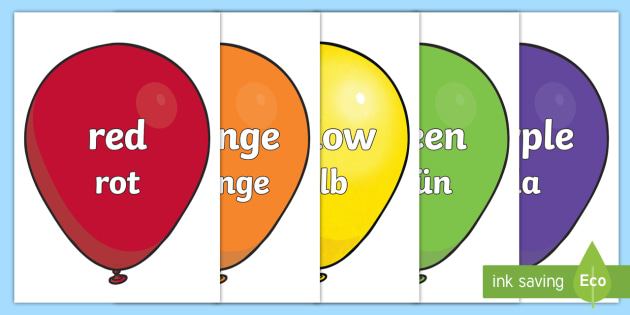

Ab means from, away, or downwards in German compound words, the German noun Seil means simply rope, and the suffix -en creates the infinitive form of a verb. You'll be fluent before you can say " Apfelstrudel".The English verb abseil is taken from the German compound verb abseilen. To help you along in your language-learning journey, check out Brainscape's seminal guide to learning a language efficiently and don't forget to get our certified German flashcards in your corner! Learning a language isn't just a rewarding way to connect with other people and another culture-it can also help you connect better with English (which sounds completely weird but, as you've now seen after learning these 20 words, isn't really). To be forced to move (a bad situation in chess) 20. Schadenfreudeīeing joyful about the sufferings of others. " Health", which you say to someone when they sneeze. Neander(tal) is the proper name of a valley in Germany Taler (not used in this form) = inhabitant of the valley ‘Gänger’ (not used in this form derivated from the verb gehen = to go) = ‘walker’ So, in the spirit of discovery, we put together a list of 20 German words used in English and translated them for you.

But I'd bet good money you didn't know their actual translations until this point!Īt Brainscape, we love those a-ha! moments when you discover something deeper about a word or thing you'd never considered before. Sure, as a native speaker of English, you know the meaning of these words and understand them. Or 'safari', which is the Arabic word for "travel". Take, for example, 'shampoo', which is Hindi for "massage", as part of a Turkish bath process. Once these " loanwords" become incorporated into everyday vocabulary, people tend to forget that they actually began their lives as competely foreign words! Like every other language, English contains a wealth of words that at some point have been "borrowed" from other languages.


 0 kommentar(er)
0 kommentar(er)
